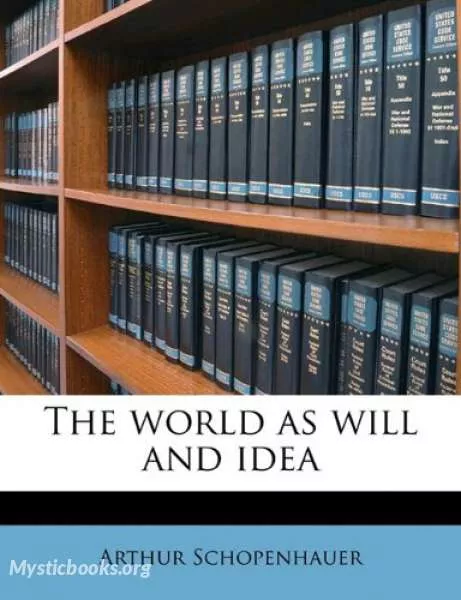
The World as Will and Idea, Volume 3
'The World as Will and Idea, Volume 3' Summary
In this work, Schopenhauer explains his fundamental idea that at the root of the reality we see around us is a Will that eternally, insatiably seeks to be satisfied. Each human Subject observes the Objects around her from the perspective of that fundamental Will working within each person. The human observer is distracted by the details of life and individual distinctions that obscure this Will; only by penetrating this “principium individuationis” (which is enslaved by the cause-and-effect tyranny of the Principle of Sufficient Reason) can the observer perceive the essential Thing-In-Itself. Art has the power to make us see the Thing-In-Itself, the Platonic Idea freed from the individual particular manifestation of it, thus enabling us to transcend the individual Will and perceive something of true Reality. Perceiving the common Will in all humanity, we are able to come closer to an ego-less love based on that shared essence. Schopenhauer squarely faces the fact that existence is fundamentally suffering, but it would be simplistic to label him (as is so often done) as nothing but a pessimist. His affirmation of Art and Love is a transforming principle, having a powerful influence on writers such as Tolstoy. In the end, he chooses the Way of Negation as the path toward peace; by denying our Will, by silencing the many outbreaks of Will in our lives, we can approach the ultimate peace of annihilation that is the theme of the great Vedic philosophy of India, to which Schopenhauer admits his profound debt.
Book Details
Language
EnglishOriginal Language
GermanPublished In
1818Authors
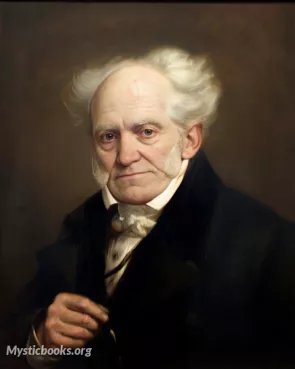
Arthur Schopenhauer
Germany
Arthur Schopenhauer was a German philosopher born on February 22, 1788, in Danzig (present-day Gdańsk, Poland). He is best known for his work "The World as Will and Representation", which was publishe...
Books by Arthur SchopenhauerDownload eBooks
Listen/Download Audiobook
- Select Speed
Related books
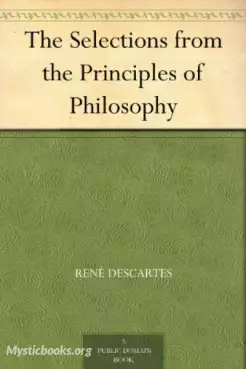
Selections from the Principles of Philosophy by René Descartes
The book sets forth the principles of nature the Laws of Physics as Descartes viewed them. Most notably, it set forth the principle that in the absenc...

Neoplatonism by Charles Bigg
Neoplatonism is a philosophical and religious system that originated in the 3rd century AD. It is based on the teachings of the philosopher Plotinus,...
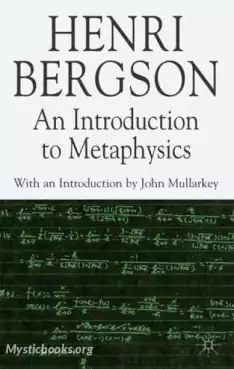
Introduction to Metaphysics by Henri Bergson
An Introduction to Metaphysics (Introduction a la Metaphysique) is a 1903 essay by Henri Bergson that explores the concept of reality. For Bergson, re...
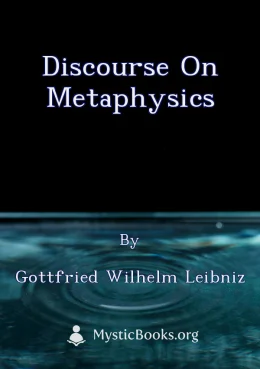
Discourse on Metaphysics by Gottfried Wilhelm Leibniz
Leibniz's *Discourse on Metaphysics* delves into fundamental philosophical questions about the nature of reality, the role of God, and the relationshi...

The World as Will and Idea, Volume 1 by Arthur Schopenhauer
The World as Will and Representation is the central work of the German philosopher Arthur Schopenhauer. The first edition was published in late 1818,...
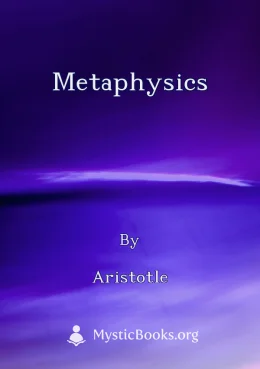
Metaphysics by Aristotle
Metaphysics is a philosophical treatise by Aristotle that examines the fundamental principles of reality, being, and existence. It delves into the nat...
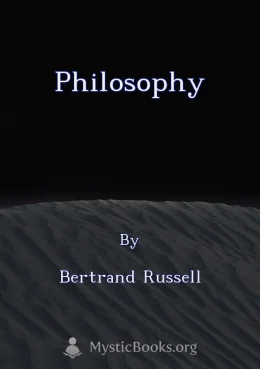
Philosophy by Bertrand Russell
Bertrand Russell's "Philosophy" is a comprehensive exploration of key philosophical concepts, presented in his characteristically lucid and engaging s...

The Rosicrucian Mysteries by Max Heindel
A primer for those interested in the basic philosophy, beliefs & secrets of the Rosicrucians.

Louis Lambert by Honoré de Balzac
Louis Lambert is a novel exploring the life and ideas of a boy genius named Louis Lambert. Set in a school at Vendôme, France, the story centers on Lo...

Brihadaranyaka Upanishad by Anonymous
The Brihadaranyaka Upanishad is one of the Principal Upanishads and one of the first Upanishadic scriptures of Hinduism. A key scripture to various sc...
Reviews for The World as Will and Idea, Volume 3
No reviews posted or approved, yet...